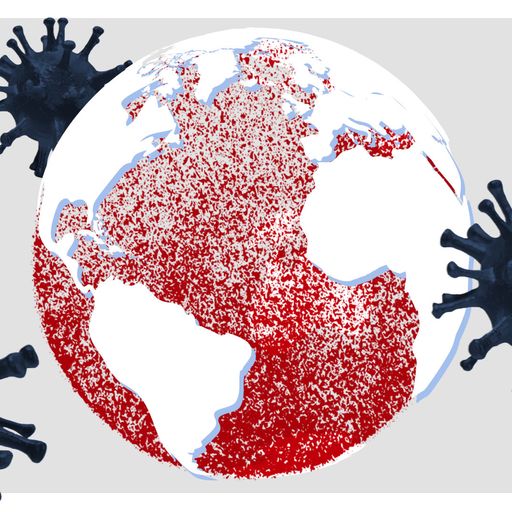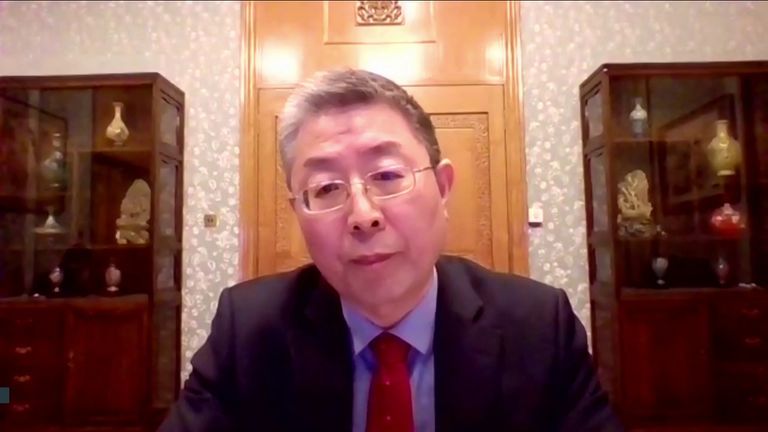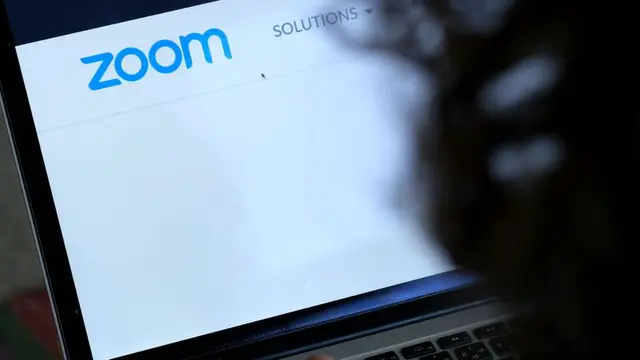Taiwan has banned government officials from using Zoom just days after the company admitted to mistakenly routing its users traffic through servers in China.
Taiwan stated that all agencies should avoid using video conferencing services with security flaws, specifically mentioning Zoom, during the
COVID-19
lockdown.
Last week security researchers at Citizen Lab detected calls made on Zoom in North America were routed through China, alongside the encryption keys used to protect them.

Coronavirus: The infection numbers in real time
The Citizen Lab report examined the confidentiality of Zoom meetings and identified "significant weaknesses" in the company's encryption scheme, and "potential areas of concern" in its infrastructure - which includes the company's employees in China being exposed to pressure from state authorities.
Relations between Taiwan and China remain fraught, with both countries essentially claiming that the other is part of their territory. The official name of Taiwan, which is an independent democratic state, is the Republic of China.

Chinese Minister: 'You can't blame us'
There have been just 376 confirmed cases in Taiwan, and five deaths. The country rapidly responded to reports of an unidentified outbreak in Wuhan and was inspecting passengers flying in from the city from 31 December.
Taiwan suggested that services offered by Microsoft and Google would be acceptable alternatives to Zoom.
The software has also been criticised in the UK, with Ministry of Defence staff being banned from using Zoom over security fears - although
non-classified Cabinet meetings
have taken place using the software.
In a blog post last week - following the
FBI also investigating "Zoombombs
" in which trolls targeted school lessons with pornography - the company's chief executive said the company was taking security concerns "extremely seriously".
"We recognise that we have fallen short of the community's - and our own - privacy and security expectations. For that, I am deeply sorry," wrote Eric Yuan.
 简体中文
简体中文





